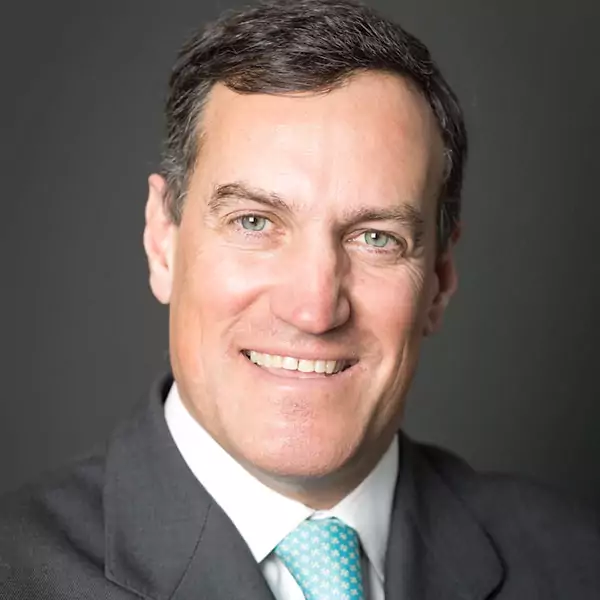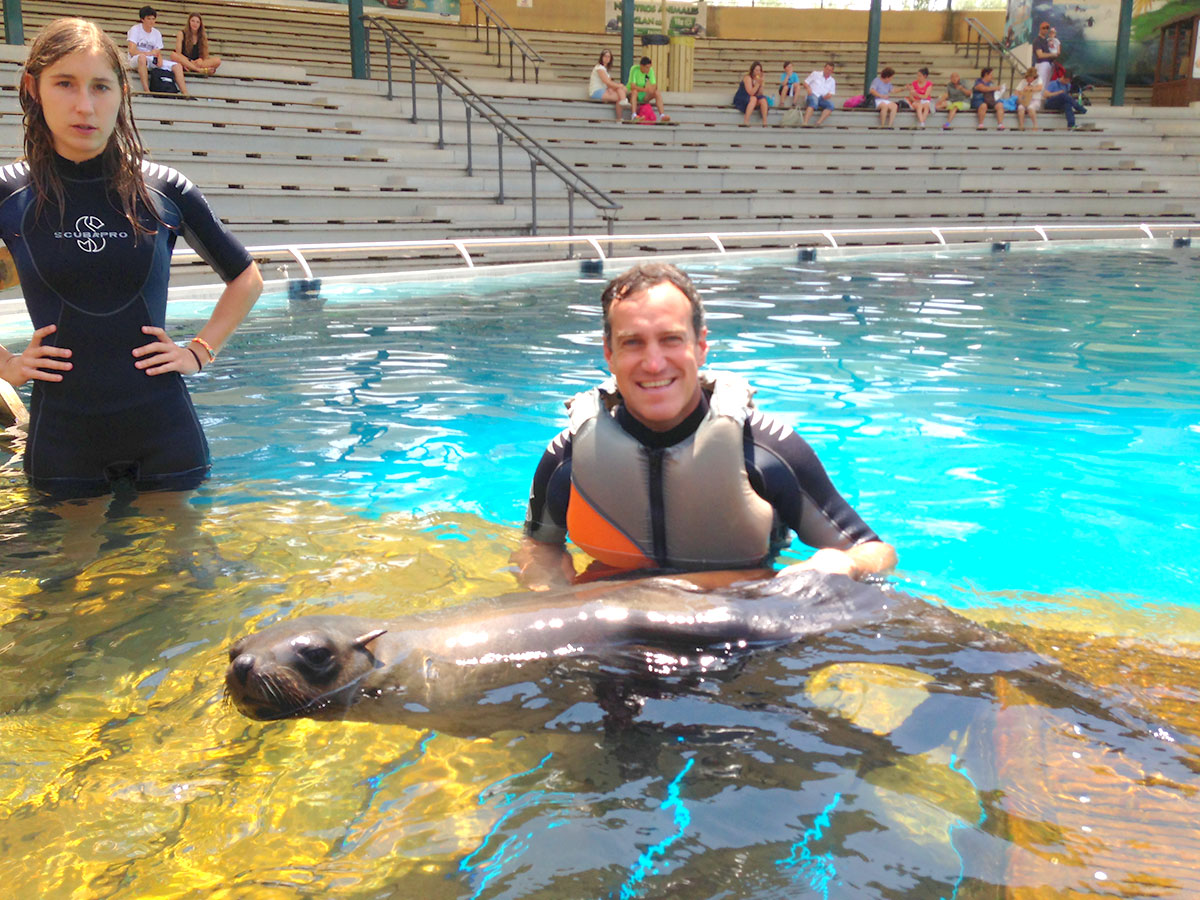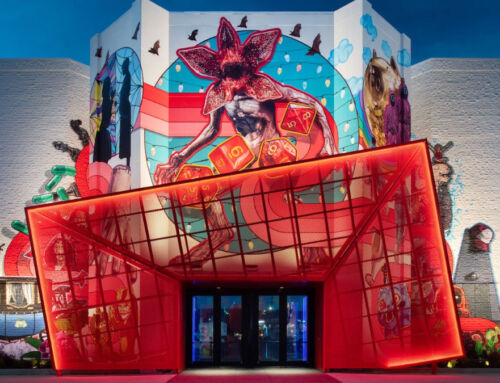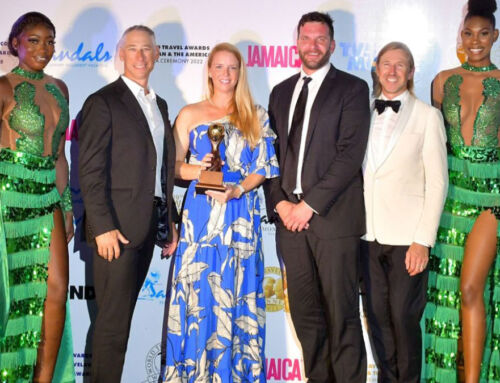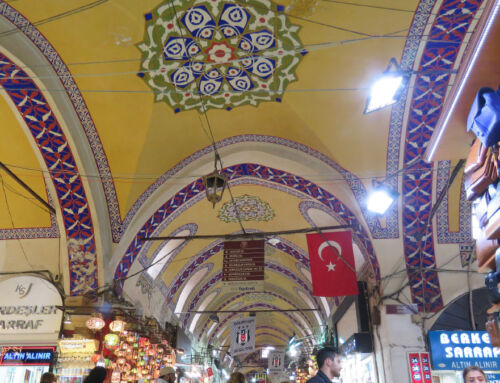José María Letamendia is passionate about the leisure sector, although he also knows other sectors of activity, since he was responsible for development in the Día chain and at Carrefour, British Petroleum and other large companies. For a decade he served as a senior executive at Parques Reunidos. Here he talks to us about his experiences.
Amusement Logic: What are the particularities that most attract you in the leisure business?
José María Letamendía: Well, the truth is that it is a very grateful sector because, in the end, you’re focusing on making people happy. In other types of sectors you try to cover basic needs. However, in leisure, it’s really about creating a special moment, a magical moment, a birthday, a celebration, an unrepeatable day for many children, and that, the truth is completely different from any other sector and something to be very grateful for. I think that’s a little of what gets you hooked, that in the end you have that component, it makes you a bit like the wizard Merlin, doesn’t it?
A.L: What were the positions you held at Parques Reunidos? In which of them did you feel most comfortable?
J.M.L.: Parques Reunidos hired me for what they called “internal consumption”, which, in short, is all that you spend inside the park. Approximately 40% of the turnover … They wanted someone who came from outside the sector, who was not conditioned by their dynamics, with the idea of radically changing the way of working in the parks, both at a Spanish level and international level. I was doing this for 3 or 4 years and then Parques Reunidos had a request, a proposal to manage a park in Dubai, something that had never been done. Well, we thought it was an interesting proposal and then a new business development department was created to manage this issue. They offered it to me, because of the profile and because of the language. For a year I was doing both jobs at the same time, until the business development part began. It started very well and after that park in Dubai they gave us another one, and I was 100% dedicated to business development.
A.L: As head of internal consumption in the group’s European parks, what were the biggest challenges you faced?
J.M.L.: The problem that Parques Reunidos had, and I think that in the industry it’s something quite common, is that in an amusement park or a leisure park, the client is practically captive. Generally they cannot go out or even if they can leave it is moderately complicated, it’s not like in a shopping centre environment or a city street. This makes you relax and not give the customer a really satisfactory quality offer. The client begins to detect this dynamic and then begins to make their decisions. From consuming less, or starting to take food from home if allowed, to going out for a moment to buy outside and then going back in. With social networks this increases a lot, because as soon as the negative comments start, people prepare. Everything done to lower prices or improve product quality, or have a better service, etc., generally has a short-term impact on profitability, which logically no company likes. I have to say that the management of Parques Reunidos opted for this project, and so I had all the support there. And it cost, and it was a challenge, but the truth is that we immediately began to see results. The quality surveys that we did with clients improved substantially, the comments on social networks also began to improve, we were also very active in introducing new concepts, in introducing different, innovative things, the clients liked them a lot, and it started to work fairly well.
A.L: As head of new business development, you brought leisure to shopping malls. What were the biggest challenges in this new field?
J.M.L.: Shopping malls, as you know, are all suffering with the issue of online sales, they have fewer visits, less influx, and they want opt for experiences that in the end cannot be done online and which have to be done physically, which kind of becomes the excuse to take you to the mall. The catering part has been greatly improved; leisure is quite developed in some fields, such as cinemas, but the rest, especially in Spain, is very local leisure, very small businesses, SMEs, small bowling alleys, little ball parks, birthday-related issues. So we try to enter this sector by offering something different, a more spectacular product, much more powerful investment, and with the management, which is also very important, of a large operator such as Parques Reunidos.
A.L: Parques Reunidos is a Spanish operator that burst onto a scene dominated by North American operators. What were the keys to this success?
J.M.L.: Apart from, of course, a spectacular management team, Parques Reunidos was very clear about its strategy, which was basically to work the regional parks, in other words, not to compete with the Disney-type ones, in what are destination parks. In the end, the union of a very clear and very defined strategy, which had a clear market niche, with very good management, kind of means success. And the advantage is that, once you find the keys to success, then replicating it, if you have a certain financial muscle, is relatively easy. We were asked, what is the magic of Parques Reunidos? There really is nothing magical, it is simply a very clear philosophy of how to manage things, and with a very strong focus on efficiency and costs.
A.L: Does the Parques Reunidos model work the same everywhere?
J.M.L.: The model, roughly speaking, works the same everywhere. Another thing that Parques Reunidos did very well is that, despite being a large multinational, operating in at least 14 countries, the management is absolutely local. In other words, it’s this message that we often see of “global company, local management”. There were many years when we had not one expat. Excluding Dubai, which is a slightly different case, in the rest they were all local managers. The foundations were laid at a central level but from there, the local team had enough independence to manage their park according to market needs. Sending expats around the world is very complicated, it’s very expensive, and in the end it has very long adaptation times and the possibility of making many mistakes.
A.L: What are the main mistakes made at the beginning of the development of these leisure projects?
J.M.L.: I would say, fundamentally, there are two. One is probably overinvestment. I’ve seen many projects that in the end, people are not realistic with estimates, they are not realistic with business plans, and they undertake projects that are greatly oversized for the market reality. The other issue would be management. I think that people aren’t aware that managing a leisure park is complicated; it’s a business that everyone finds very attractive and highly interesting, but then it has a very specific management, it has many important edges, it is not a business where you only have to worry about profitability, but you also have to worry a lot about safety, which is an absolutely key element.
A.L: Would you be willing to give us your perspective for the future?
J.M.L.: Well, I’m an optimist, really. I’m optimistic and realistic. Realistic in the sense that the summer of 2020 is going to be a tough one. I think this is a season of surviving doing things as well as possible, but I think that from there on, leisure will return to its normal situation. The product we make is one that has no comparison with anything else. I think that in parks there will be changes, but there won’t be a revolution that will drastically change the sector. I think as soon as people regain confidence, and the economy recovers a little, we will enjoy amusement parks and leisure parks again. Parques Reunidos has already opened a park on the outskirts of Berlin, Europa Park has also opened, and the truth is that the results have been quite good, better than expected. 2021 should be a good year for the leisure sector.


